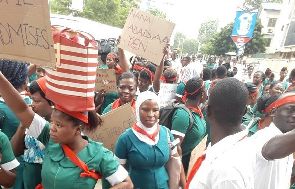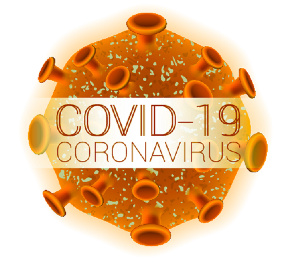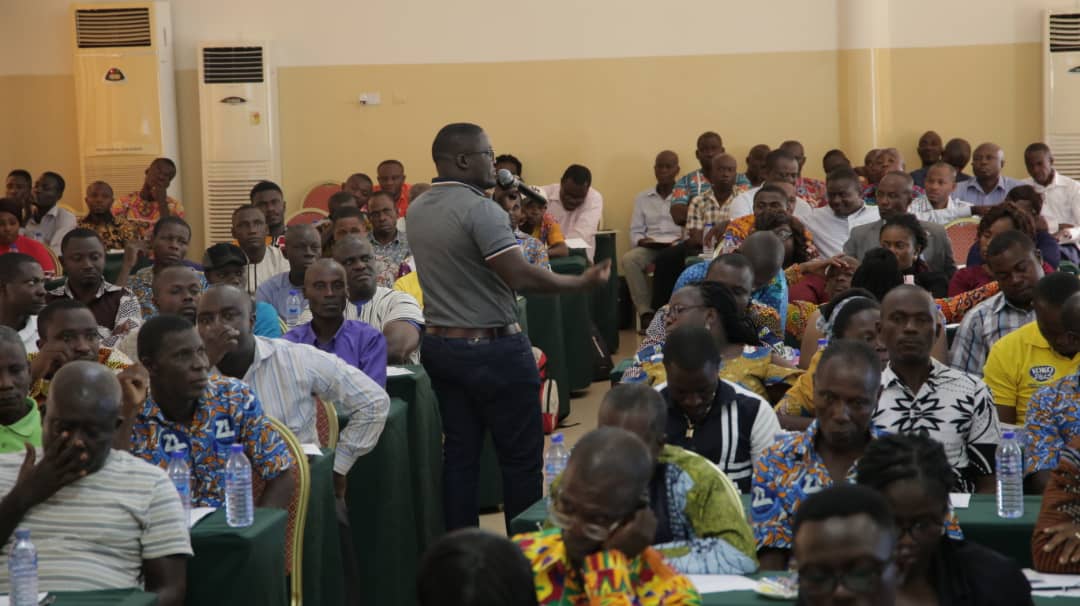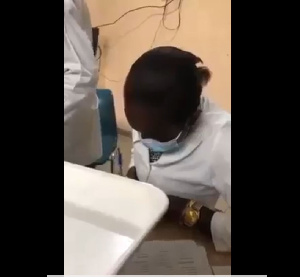Zipline and Cowtribe Join Forces to Support Veterinary Service Department in Combating Anthrax Outbreak in Northern Ghana
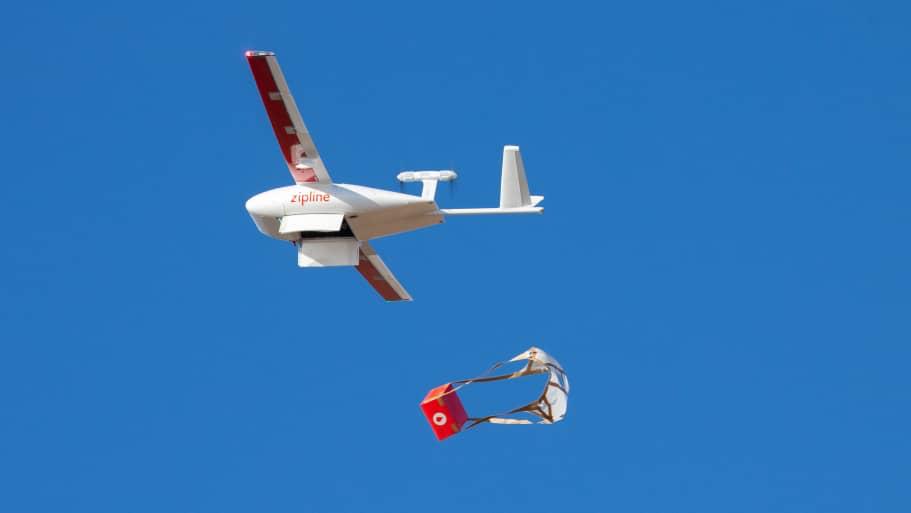
Zipline, the global leader in aerial logistics, and Cowtribe, a pioneer in technology, have announced their strategic collaboration to assist the Veterinary Service Department (VSD) of Ghana in responding to the recent anthrax outbreak.
In the wake of the anthrax upsurge in the Upper East and Northern regions of Ghana, these two innovative companies have combined their technologies and expertise to expedite the distribution of critical anthrax vaccines.
“In response to the devastating anthrax outbreak, we are extending the reach of our drone technology to deliver life-saving vaccines to the most remote locations,” said Mawuli Atiemo, General Manager for Zipline Ghana. “This effort mirrors our previous collaboration with the government during the peak of the COVID-19 crisis, where we successfully delivered over two million vaccines to multiple dosing centers.”
Cowtribe, a central collaborator in this initiative, is employing its groundbreaking Vaccination and Outbreak Management System to support the VSD. Their advanced technology enables the real-time collection of vital data, significantly enhancing the VSD’s surveillance capacity and informing strategies to manage and curtail the outbreak effectively.
“Cowtribe remains deeply committed to our farming communities, especially during such crises,” said Peter Awin, Co-Founder and CEO of Cowtribe. “By funding the initial production of 100,000 anthrax vaccine doses, we aspire to alleviate the severity of the outbreak and fortify the livelihoods of our farmers.”
Dr. Patrick Abakeh, the Director of the Veterinary Services Directorate, lauded the public-private partnership. He expressed optimism that the union of Zipline’s aerial logistics capabilities and Cowtribe’s data-driven expertise will expedite the containment of the anthrax outbreak.
With Zipline, Cowtribe, and VSD working collaboratively, the possibility of curtailing the anthrax outbreak becomes increasingly attainable. Their collective effort strives to mitigate further losses and safeguard the health of livestock and the communities that depend on them.

